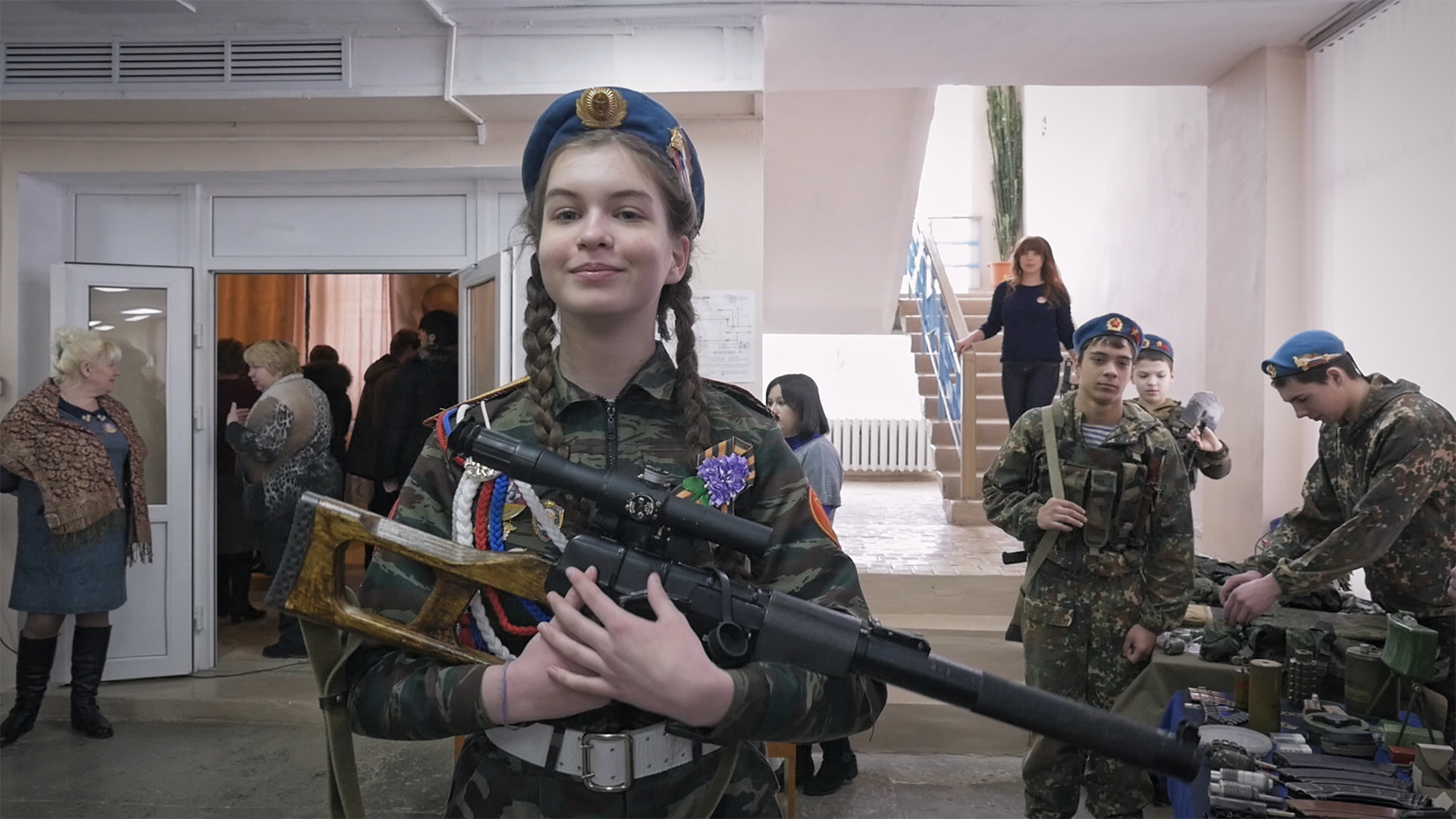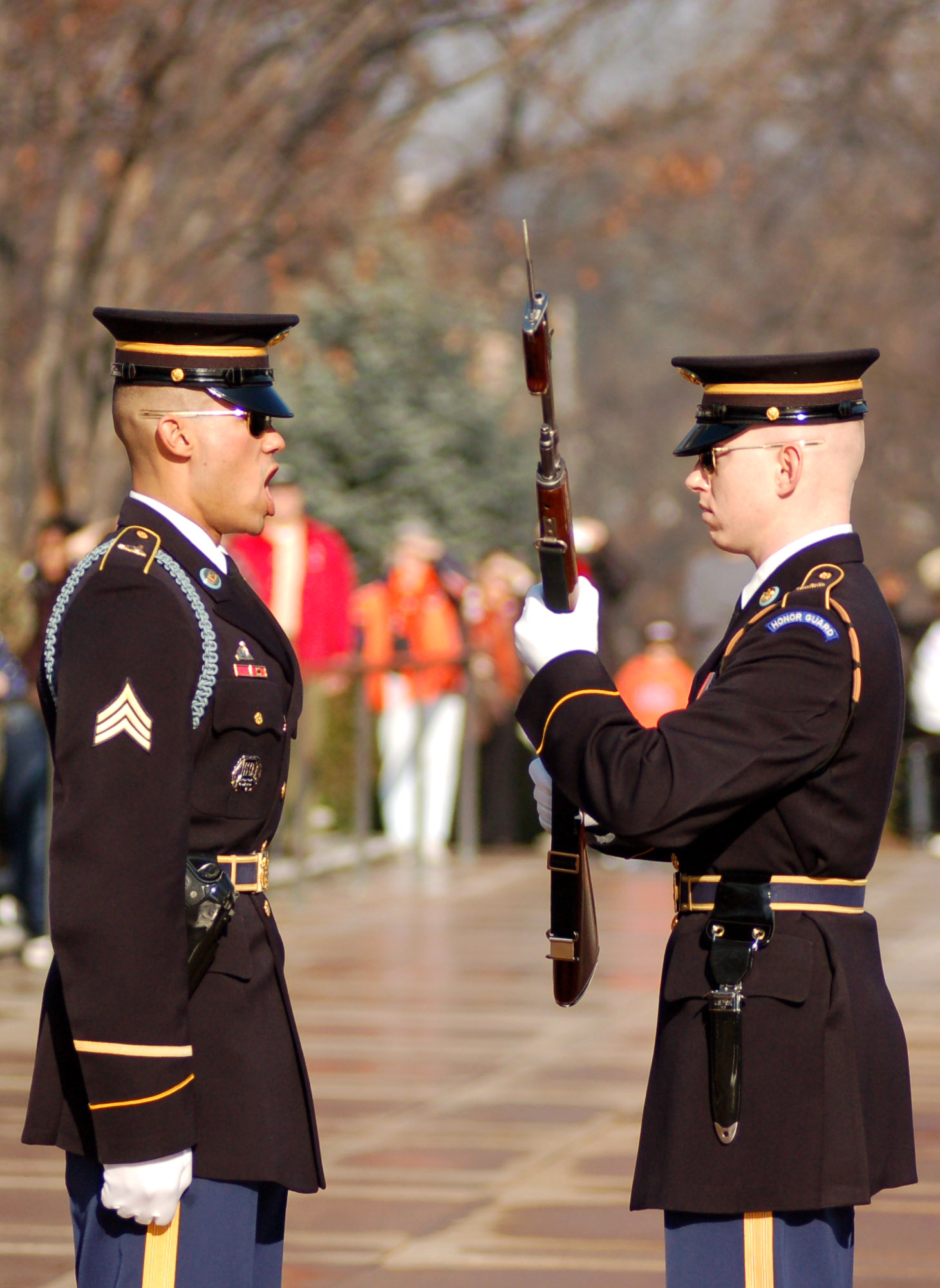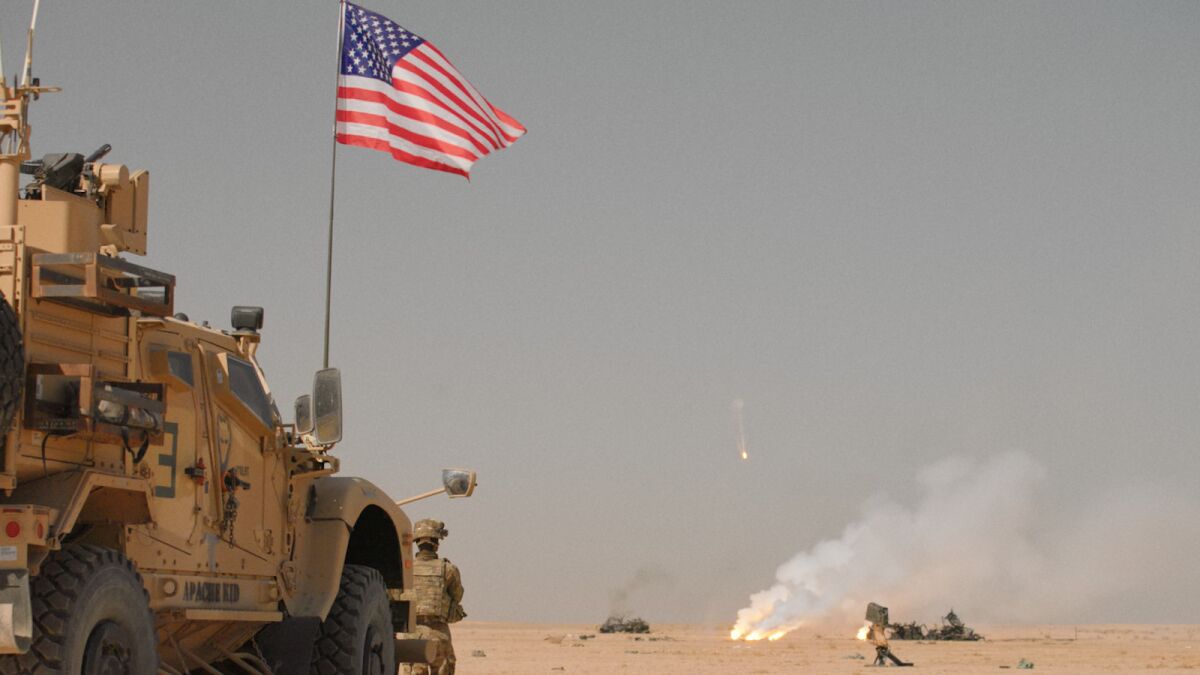Military Documentary - Join us the first week of June for a special screening of 2 military aviation documentaries. Dayton premieres June 3 at 7 p.m
Will be held in the Air Force Museum Theater. The film, directed by David Salzberg and Christian Toraud, is based on the book
Military Documentary
And Apache fighter pilot Don Flores tells the story of his deployment in Afghanistan's most dangerous valley. The exhibit is sponsored by the Huffman Prairie Aviation Historical Society, Wright State University Veterans Affairs and Military Center and Special Collections and Archives.
Ken Burns' Documentary On An Unwinnable War
SC&A will next host an exhibition on June 6 in the Wright State University Student Union Endeavor Room.
Also directed by Salzburg and Torid. This feature-length documentary follows an elite US Army aviation group of Apache pilots and their crew as they launch an attack in March 2003 during the initial surge in Iraq.
Joshua Lang, co-producer of both films, former Apache crew chief, and Army veteran of Iraq and Afghanistan, will discuss the film and answer questions June 3 and 6.
Doors both open at 6:30pm and movies start at 7pm. Events are free and open to the public. Please call 775-2092 or email library-archives@wright.edu for more information.
Ready For War' Review
This entry was posted in Aviation, Awareness and tagged Apache Helicopter, Documentary, Huffman Prairie Aviation Historical Society, Military Aviation, Special Events. Bookmark the Perlink icon. The feature-length documentary South by Southwest (SXSW) premiered at South by Southwest (SXSW) 2018 and won the Audience Award for Best Feature Documentary. Following a string of festival awards, Logo made its TV debut in November 2018 and is now available to stream on various platforms.
It tells the story of four people (Logan Ireland, Corporal Lila Villanueva, Captain Jennifer Pace and 1st Lt. L. Cook) fighting for the freedom of their country while fighting for their own. They risked their careers and families by coming out as gay to senior Pentagon officials in hopes of gaining equal rights to serve. The ban was lifted in 2016, but now that President Trump is trying to reimpose it, their future is once again in the balance.
About 15,500 transgender people serve in the U.S. military (the largest transgender employer in the United States), where they must hide their gender identity because military policy prohibits them from serving.

Feature-length documentary by filmmaking team Gabriel Silverman and Jamie Coughlin of Sidexside Studios and Fiona Dawson of Freeline Productions.
A Veteran's War Movie Sheds Damning Light On How The Marines Fight In Afghanistan
"'Is the LGBT advocacy film Middle America should see'" - The Texas Observer "An impressive and, despite the current situation, hopeful document." - John DeFore, The Hollywood Reporter "Perhaps no movie of 2018 will make you root for a more diverse, yet fascinating group." - Alan French, AwardsCircuit.com "The most important documentary anyone will see in 2018." - Solzi A Veteran's War Film in Movies "War Obscura" How the Marines Are Fighting in Afghanistan The Behavior of US Soldiers A Sensible Tragedy for the Loss of Life Caused by the War in Afghanistan is black
"War Obscura" starts with a bang. Half a second later, a large column of smoke appeared in the distance, quickly doubling and then tripling in size. But what happens behind the camera is even more terrifying. A man shouts in English as a cloud rises from the frame. "Holy shit," he says. "This is the wrong building!" The sound of another explosion, and gunfire. "Holy shit!" He shouted again; He is happy now, charming. "Yeah boy!" she screamed.
In a new documentary set in Afghanistan called "Warfare Obscura," the Marines don't do what they usually do in American war documentaries — they don't repeat the narrative of God and country. Kill bad guys and win hearts. and minds. . In "War Obscura" Marines fire guns and patrol, but they abuse women, point guns at children, kill needlessly and with little dignity, kill and hide innocent people. At one point in the film, a Marine points his gun at children riding a donkey. "Where are the Taliban? Where are the Taliban?" He screams in their faces. They look back in fear and understanding. The Marines handed a boy a bar of chocolate, but it didn't seem like kindness.
Manager Miles Lagos, 29, joined the Marines right after graduating high school and was soon deployed to Afghanistan. His job in the Corps was known as a combat cameraman, a role that captured footage of Marines for operational use on the battlefield and for PR back home. "Combat Obscura," released March 15 with Oscilloscope Labs, is almost entirely shot by Legos and another combat cameraman, Justin Lowe, for the Corps. This film is a 110-minute condemnation of the behavior of American soldiers and needless grief over the unnecessary casualties caused by the American war in Afghanistan.
No Greater Love': Active Duty Soldiers Speak Movingly About War And Trauma
The Intercept spoke to Lagos about why he made the documentary, the legal process that preceded the film's release and his feelings about participating in the war. This interview has been edited for length and clarity.
What made you decide to join the Marines right out of high school when you turned 18?
I guess I was just kind of clueless. I had this preconceived notion that going to war would give me a perspective on life that I couldn't get anywhere else. And I always wanted to cover war as a reporter. I wanted to go to school and stuff. I was a big movie fan when I was a kid, and I'd seen "Full Metal Jacket" so many times, and I was like, "Oh, you just join the Marine Corps, they'll give you a camera, And you will only shoot for the army. Do it.
I think the Army has suggested a simpler and more direct way elsewhere. Many people think that the military is just these patriotic kids - guys who just want to serve their country. But it's a lot of kids who are just on the edge.
Michael Ware's Gripping, Graphic Iraq War Documentary Hits Hbo
In 2011, we were in the Sangin-Kazke region of Afghanistan. And we didn't know it at the time, because they don't really tell you when you go to these places, but there is a ban on piracy. It basically has jurisdiction over the entire Helmand province. This third turbine was missing. Most of it was occupied by the Taliban. We have to clear the way to build a dam there. The dam is still broken. I think this is a metaphor for the whole war.
Combat cameras are like PR tools for the military. In 2011, when I was there, we had to move out of Afghanistan and hand it over to the Afghan army, the Afghans. My job was to document those images: Marines working with the Afghan army, handing out candy to children - the heart and mind kind of stuff. There was no cursing in the big three, no shots of the smoking boys and they had to be in full gear. And then there were no casualties. It was a big one, not much blood. As it should have ended, we were kicked out. That was eight years ago. And we are still there.
It should be a poem. We want to give people an experience of war, its uncertainty and contradictions. And it's kind of a meditation on what it's like to be a soldier, how pointless this war is - there wasn't even a definition of what the outcome would be, what victory would look like, or anything. And just a waste of life.
That's really all I can do. That's all I can hope for. I don't want people to come up with conflicting answers. I think when you watch civilian documentaries about it, you get this kind of closure, in a sense, okay, it's all about friendship, or it's all about the boys and their relationships with each other. are about And oh man, when they come back they're going to be badass. No I really want to distract people and keep them in the moment.
This Fucked Me Up: Ken Burns's 'the Vietnam War'
It makes me think of the narrative choice you made, which is "Where are they now?" No interviews, no audio. Why don't you use such a tool?
Well, people always want that. I'll tell you: A lot of [movie pirates] are in jail. Some are right, and some are not. And some of them are dead. Some have committed suicide.
But this whole myth of the trauma hero in American war stories—I didn't want to do that. Every American revolves around a war narrative, Johnny gets this innocent idea of war, and he goes and it's not what he expected.

Military dog documentary, military tactics documentary, military strategy documentary, military industrial complex documentary, hbo military documentary, military documentary channel, canadian military documentary, roman military documentary, military technology documentary, military training documentary, military aircraft documentary, us military documentary


0 Comments